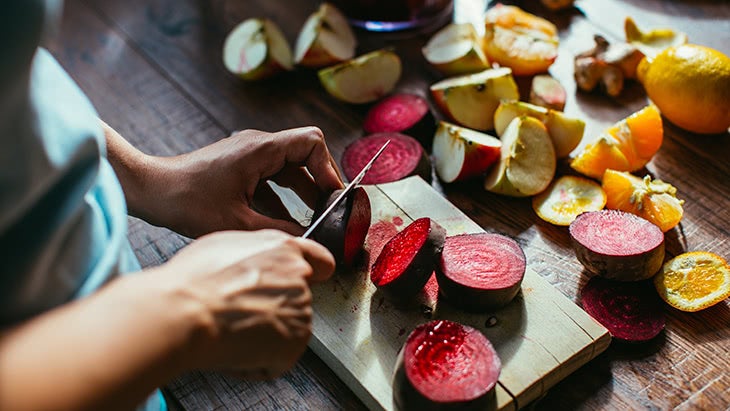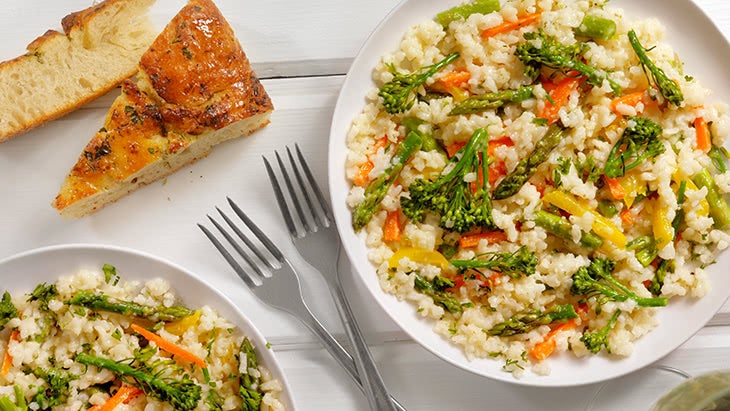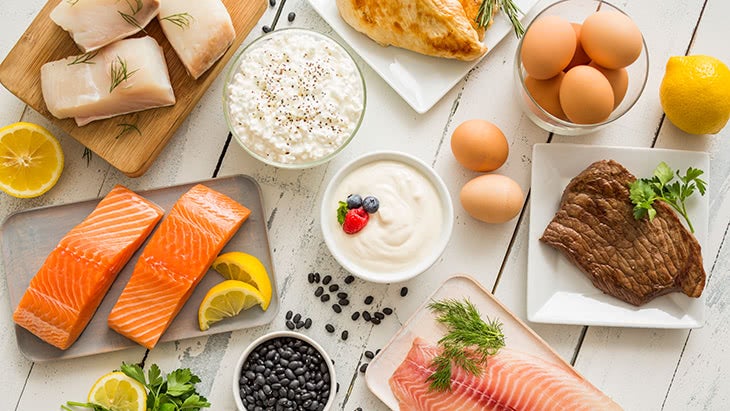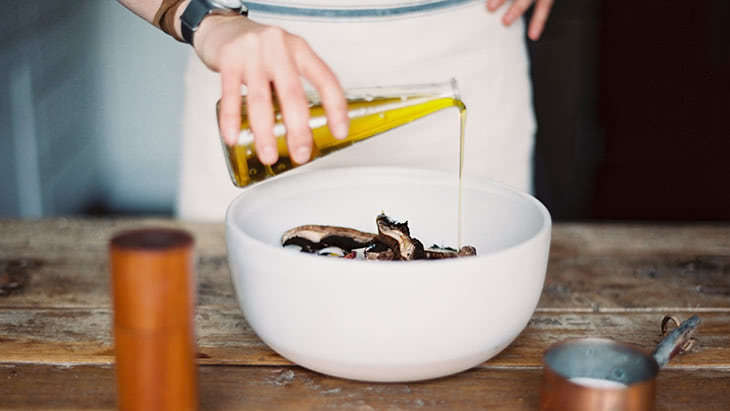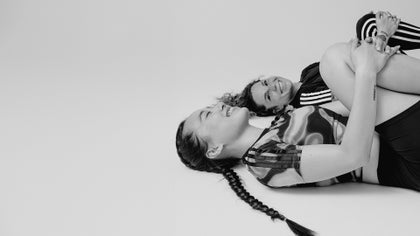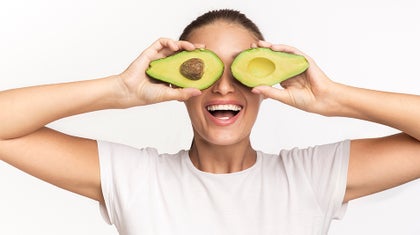The 3 must-eats for exercisers
by Virgin Active Thailand on Tuesday 31 May 2022
6 min read
With an overload of nutritional information everywhere that’s at times also conflicting, it’s no surprise that it can be a tad confusing on what we should really eat. Although there may not be a ready-made formula that fits us all, there is no denying that we all need certain main nutrients that help our bodies function. Everybody needs carbohydrate, protein and fat in order to give us good feels and energy to do things - this includes exercising to our fullest potential.
Carbs are better than you think
Most people are usually fixated with asking whether we should eat carbs or not. In truth, that question should just be thrown out because carbohydrates are crucial to the body because they provide energy for our bodies to move around with or when we work out. It’s the favourite source of energy for our brains and central nervous system. It also retains and prevents the body from taking energy from our proteins and muscular atrophy, which is the main culprit behind “shrinking muscles.”
Therefore, it should not be dismissed that carbs are bad, as there are many nutritional carbs we can choose to consume. Good carbs include brown rice, black rice, oats, cereal grains, whole wheat bread, taro, potatoes, corn, pumpkin, red beans, green beans, black beans as well as countless fruits both in juice and dried forms.
It’s recommended that you choose to eat these natural foods as they provide a lot of vitamins and minerals that the body needs. Carbs that have been processed do not usually have much nutrition, namely sweet snacks and sugary drinks. A bite here and there is fine, but it is never suitable for main meals.
You may still wonder how the body turns these carbs into energy. Simply put, when the body moves, it will get its energy from glycogen, which is carbs stored in the liver and muscles. Usually, our bodies have enough glycogen stored for 2 hours. Exercise that requires energy immediately like running, boxing and HIIT requires a sufficient amount of glycogen in order to have a quality and continuous workout. Therefore, it is essential to have enough carbs before you start exercising.
For those on low-carb diets, much research has shown that it does not contribute to exercising at all. Especially for women, it is stated that eating far too little carbohydrates increases the cortisol hormones, which leads to muscle disintegration and fat accumulation. Immunity is also decreased and the more one exercises, the more cortisol is produced, thus causing the body to be in a state of stress.
Of course we’re not saying you should load up on a plate of pasta every time before you go workout. Just choose the right types to consume and in proportionate quantities where it makes up from one fourth to one third of your whole meal. As you grow older, you can decrease the portion accordingly.
Skip no protein
This is considered one of the most significant components for people who exercise. Whether you want to lose weight, to build muscles, to recover after working out or to be full for a long time, protein is required.
Usually, protein must make up from 20-30% of everything we eat, meaning it should be part of every meal, be it main meal or snack. It should make up around one fourth to one third of your plate. Food that is filled with proteins include various meats, seafood, eggs, milk, dairy products, nuts and grains such as dried nuts, lentils; or even carb-based foods that have high protein such as quinoa or barley rice.
What happens when we don’t eat any proteins at all? The answer is a bad quality workout session. Your body won’t use the carbohydrates as energy, but instead, will use it to repair depleted muscles. You won’t have as much energy to exercise as you should. Conversely, protein keeps you full for a long time and helps carbohydrates to digest slowly. It also helps recover muscles so you should eat both before and after working out.
Keep the fat too
There are also upsides to fat. Fat is just as important because it is crucial in running your hormone system, nervous system and immunity system. It also slows down carb digestion, helps you feel full longer, prevents sugar spikes in your blood level and makes food taste better.
That’s not to say you can eat any kind of fat. Choose the good kinds of fat, such as those in nuts, grains, avocados, rice oil, olive oil and sea fish that have Omega 3 fatty acids.
Surely, we all want the best results when we get to exercising—which is to be have a lot of energy and to have a session of great quality. Just remember that it all goes back to what you choose to eat, as well as when you eat and how well you rest that all contribute to your training and recovery after working out.
Related articles
Move
5 min read
Where Wellness Gets Real: A Holistic Approach at Virgin Active
Nourish
3 min read
7 healthy fats you should eat more of
Move
4 min read
Virgin Active online workouts
Enjoying our blog?
Sign up to our newsletter to get updates on training, healthy living, news and events.
